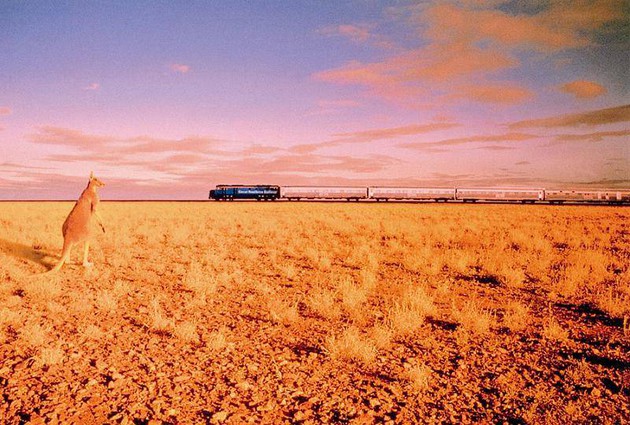
New Oz Climate Atlas maps adaptive future for viticulture
A new Climate Atlas has been developed by the Australian wine sector to assist the industry in planning for climate change and global warming.
Developed by the Climate Futures Group at the University of Tasmania and funded by Wine Australia, the resource, titled Australia’s wine future: A Climate Atlas, maps out projected “short and long term trends for Australian wine regions” to 2100.
Described by Wine Australia as “a world-leading resource… empowering local grape growers and winemakers to plan for the effects of climatic variability and climate change”, the Climate Atlas contains indices tailored for individual regions.
Each charts the various likely impacts of advancing climate change, including heat accumulation and aridity, plus the likelihood of heatwaves and frosts.
The aim, according to Wine Australia, is to allow informed planning to help maintain “grape yields, value and quality into the future”.
University of Tasmania’s Climate Futures Group lead, Dr Rebecca Harris, added: “The aim was to improve understanding of climate information and to empower communities to plan for the coming season and for the future.
“The project identified weather risks that are particularly important to grape growing within different wine regions and assessed future changes in their frequency and intensity based on regional climate models that incorporate the large-scale climate drivers that drive drought and extreme heat.”
By allowing for adaptation today, the Climate Atlas should help viticulturalists and grape growers to both best manage existing vineyards through more extreme weather events, while ensuring that new plantings are best suited to meet future risks and change.
“The Australian wine sector is highly innovative and grape growers have a series of tools at their disposal to manage climate variability. The Atlas will assist in providing information about the likelihood of weather and climate risks in coming seasons so that growers can better plan their management to reduce costs,” said Wine Australia general manager RD&E, Dr Liz Waters.
The Climate Atlas resource can be downloaded via Wine Australia and Climate Futures Tasmania.






